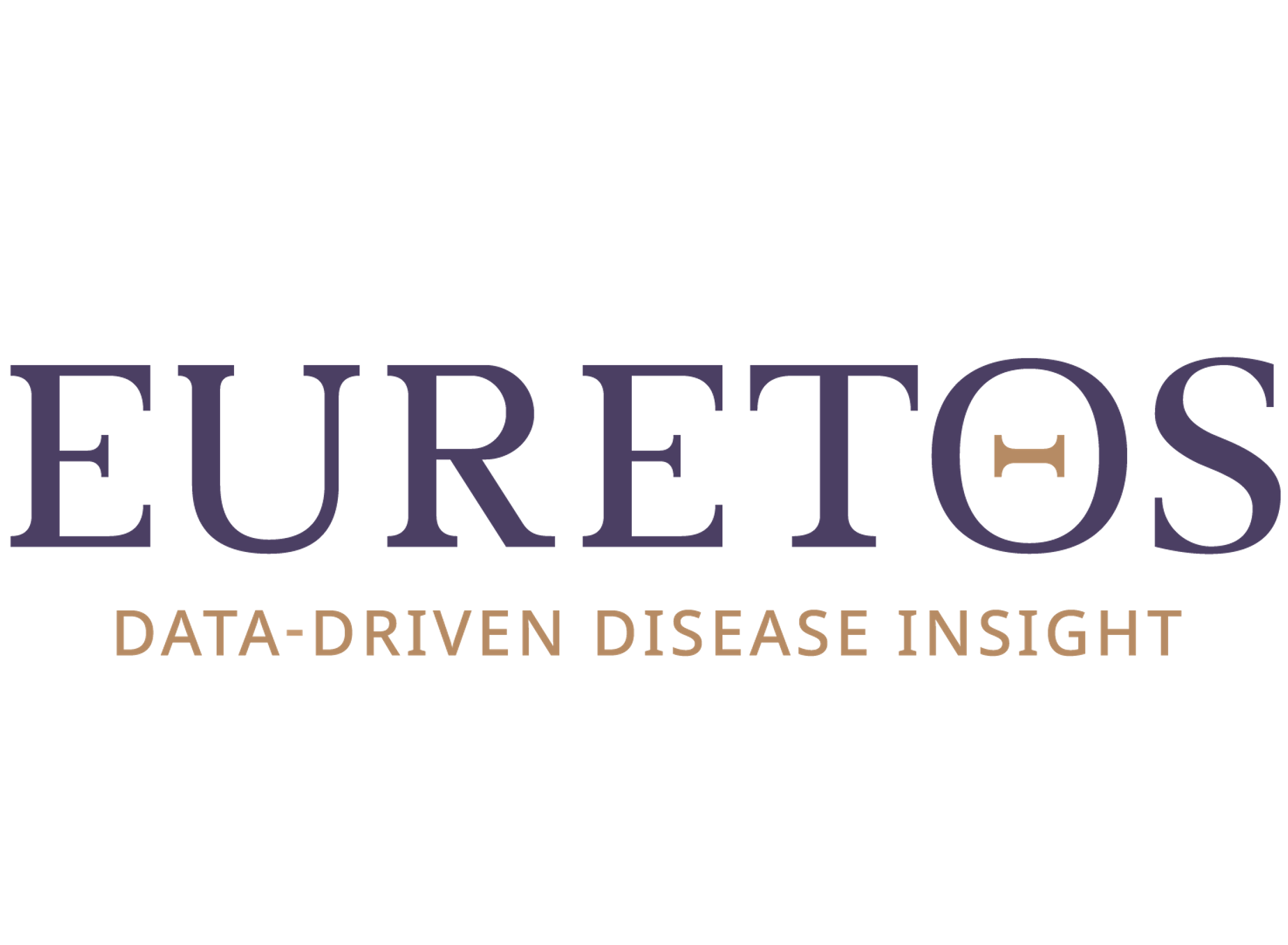A large consortium of 19 major European research institutions, pharmaceutical companies and services providers, focusing on Chronic kidney disease (CKD), has been awarded a €4 million Horizon 2020 grant. Euretos was one of the 10 associated partners and will work closely with the Leiden University Medical Centre which is one of the 9 main partners in the consortium.
CKD is recognized as an increasing global health problem. It currently affects 10-15% of the worldwide population, is associated with impaired quality of life and reduced life expectancy, and represents a significant burden for health care budgets. CKD is characterized by the progressive decline of renal function. Little is known about the mechanisms underlying this progression and the genetic factors that predispose patients to different rate of progression. Even worse, there is no reliable biomarkers capable to identify patients at risk of
fast progression and treatments able to halt CKD progression.
Understanding the physiopathology of CKD is therefore a prerequisite for the development of efficient preventive strategies and diagnostic tools. With this goal in mind, TrainCKDis will provide an innovative, multidisciplinary, and intersectoral training programme, able to prepare top-level young scientists to develop creative solutions for CKD. The proposed 15 research projects will address key challenges:
1 - the identification of genetic and epigenetic modifiers that predispose patients to CKD progression,
2 - the identification of biomarkers for monitoring the evolution of the disease and
3 - the identification of novel therapeutic targets to improve the limited treatments for CKD.
TrainCKDis gathers top European laboratories, companies, hospitals, and associations involved in the treatment of CKD. Early Stage Researchers (ESRs) will thus benefit from an outstanding interdisciplinary platform integrating nephrology, epidemiology, genetics, cell biology, high-throughput screening, system biology, and metabolomics experts, as well as experimental animal models and unique human biobanks.
Moreover, ESRs will be trained in disseminating results through modern channels of communication. Finally, TrainCKDis will provide ESRs with intersectoral and transferable training for efficient career development in both the academic and private sectors.
Subscribe to our mailing list and receive our quarterly updates!
Read our Terms and Conditions

Keep up with our latest news and events. Sign up for our newsletter.